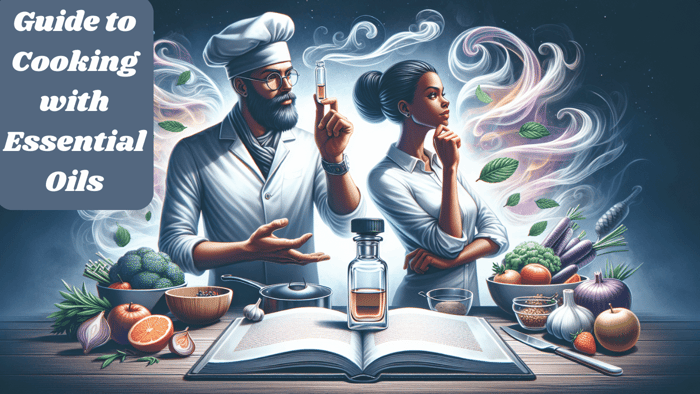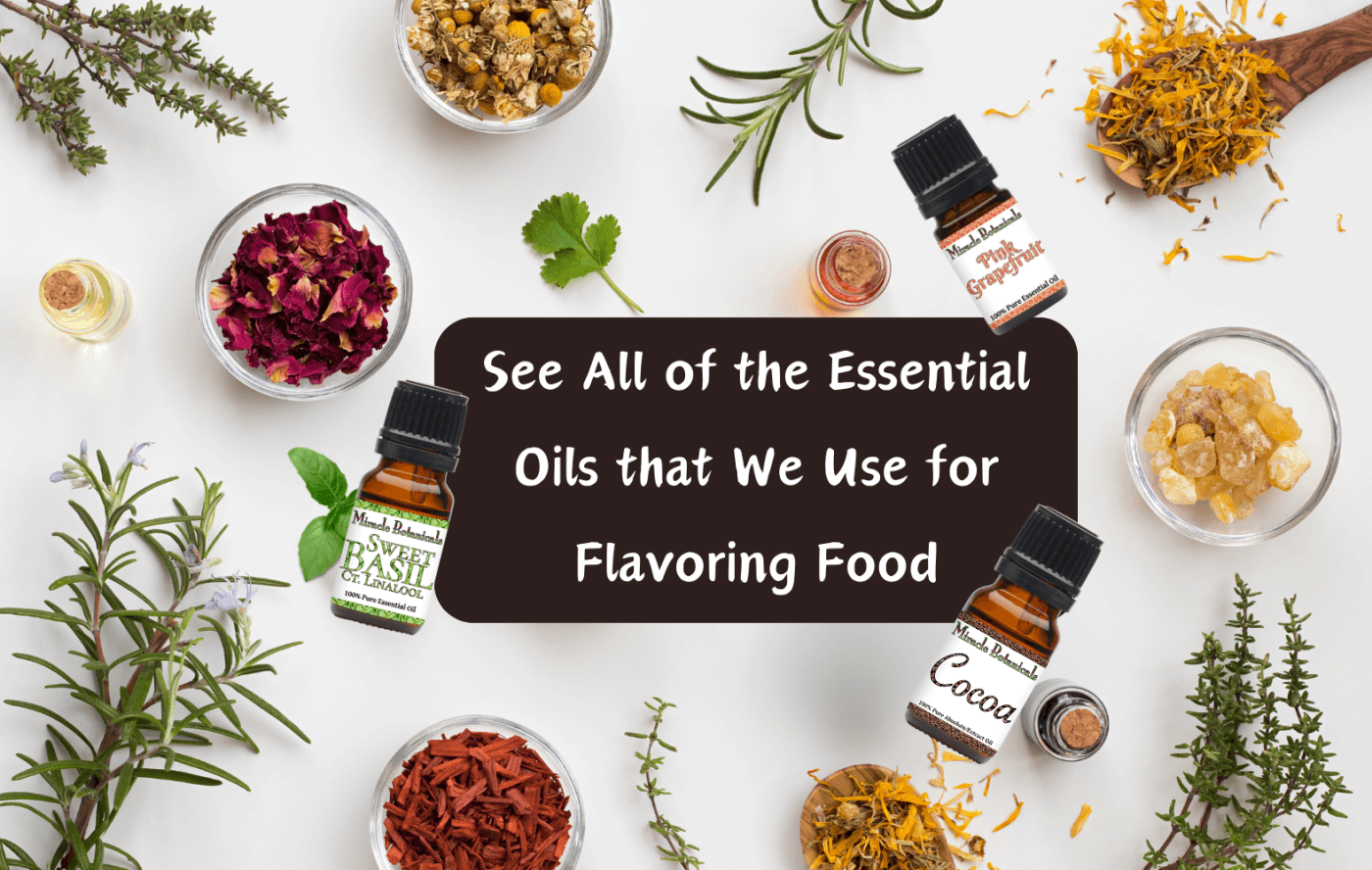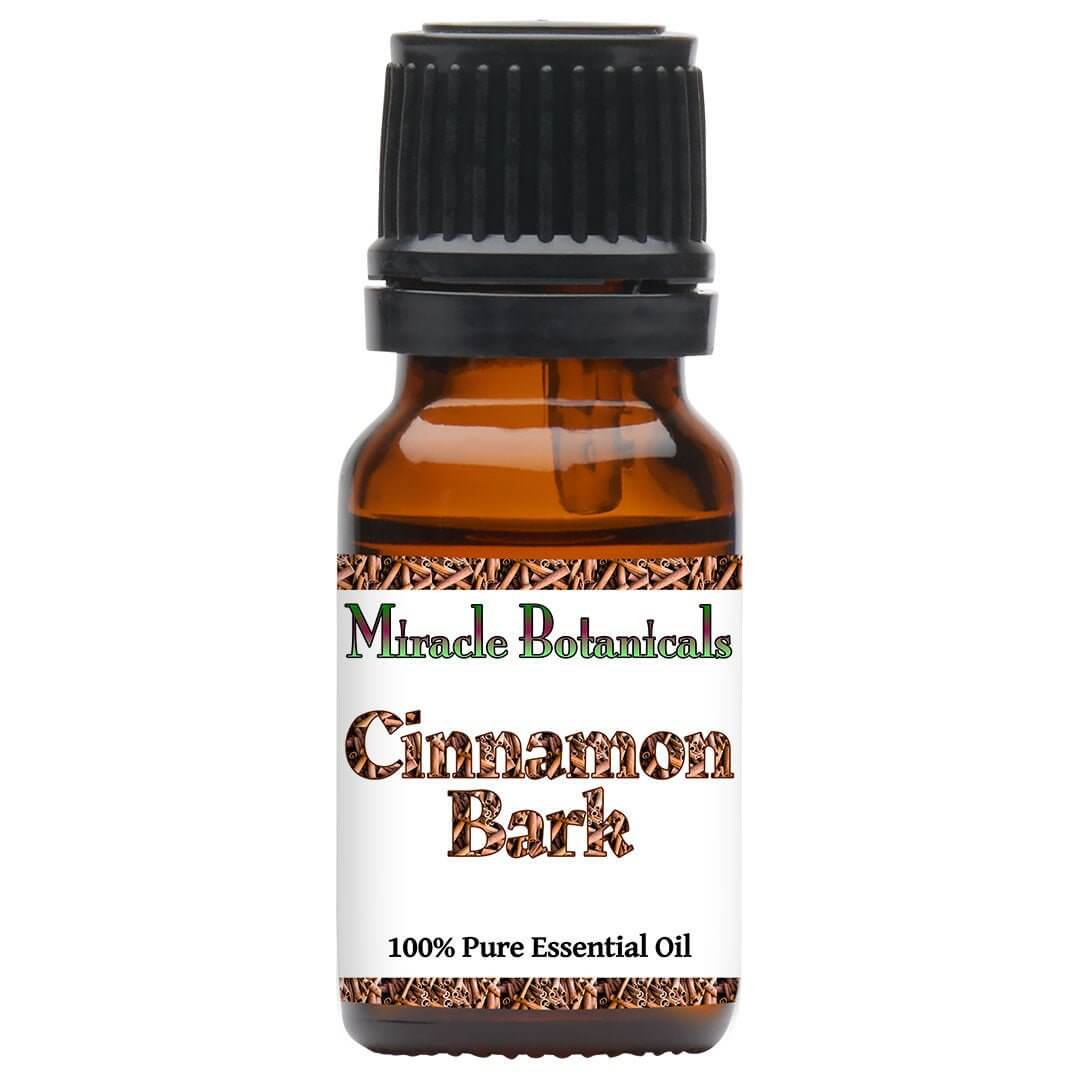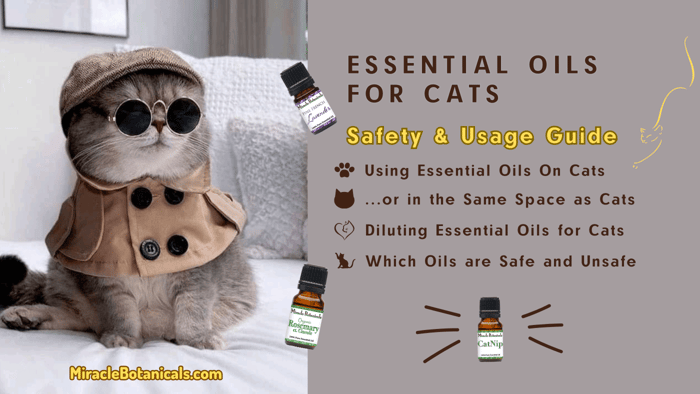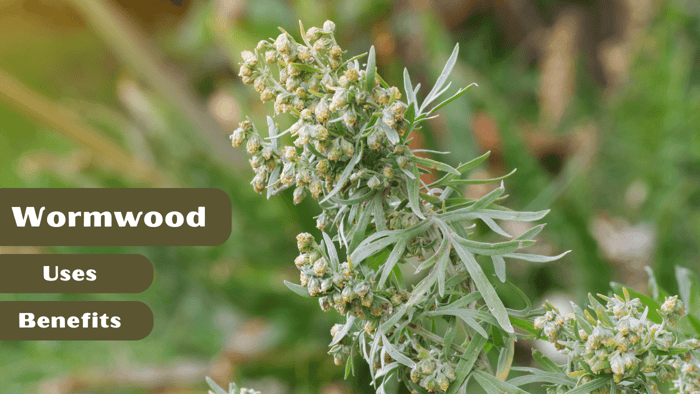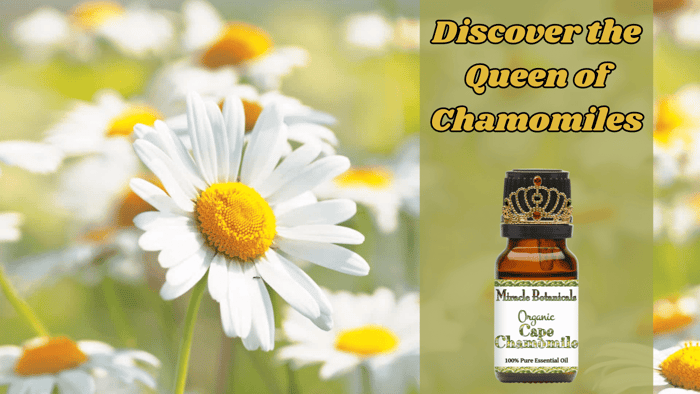Are essential oils safe for cooking?
Incorporating essential oils into your cooking can be an adventure for your palate and a step towards a more natural and holistic lifestyle. These highly concentrated plant extracts, celebrated for their versatility, bring vibrant flavors to your meals and promise many benefits ranging from enhancing mood to aiding digestion and even potentially soothing irritable bowel syndrome when used judiciously[1][2].
However, phrases like "are essential oils safe" and concerns around allergies, hormone disruption, and the dilution of essential oils often prompt a cautious approach, making it essential to understand not just the "how" but also the "why" of using essential oils in cooking[2].
This initial foray into the world of cooking with essential oils will outline how to select the right essentials for your kitchen, dilute essential oils effectively, and integrate them innovatively into your recipes without risking allergic reactions or hormone imbalance.
Moreover, acknowledging common queries such as "can you consume essential oils" and "what are essential oils used for", we aim to dispel myths and highlight how these potent extracts can act as mood boosters and offer internal benefits, thus presenting a comprehensive guide to safely enhancing your culinary experience with nature's essence[2].
Benefits of Cooking with Essential Oils
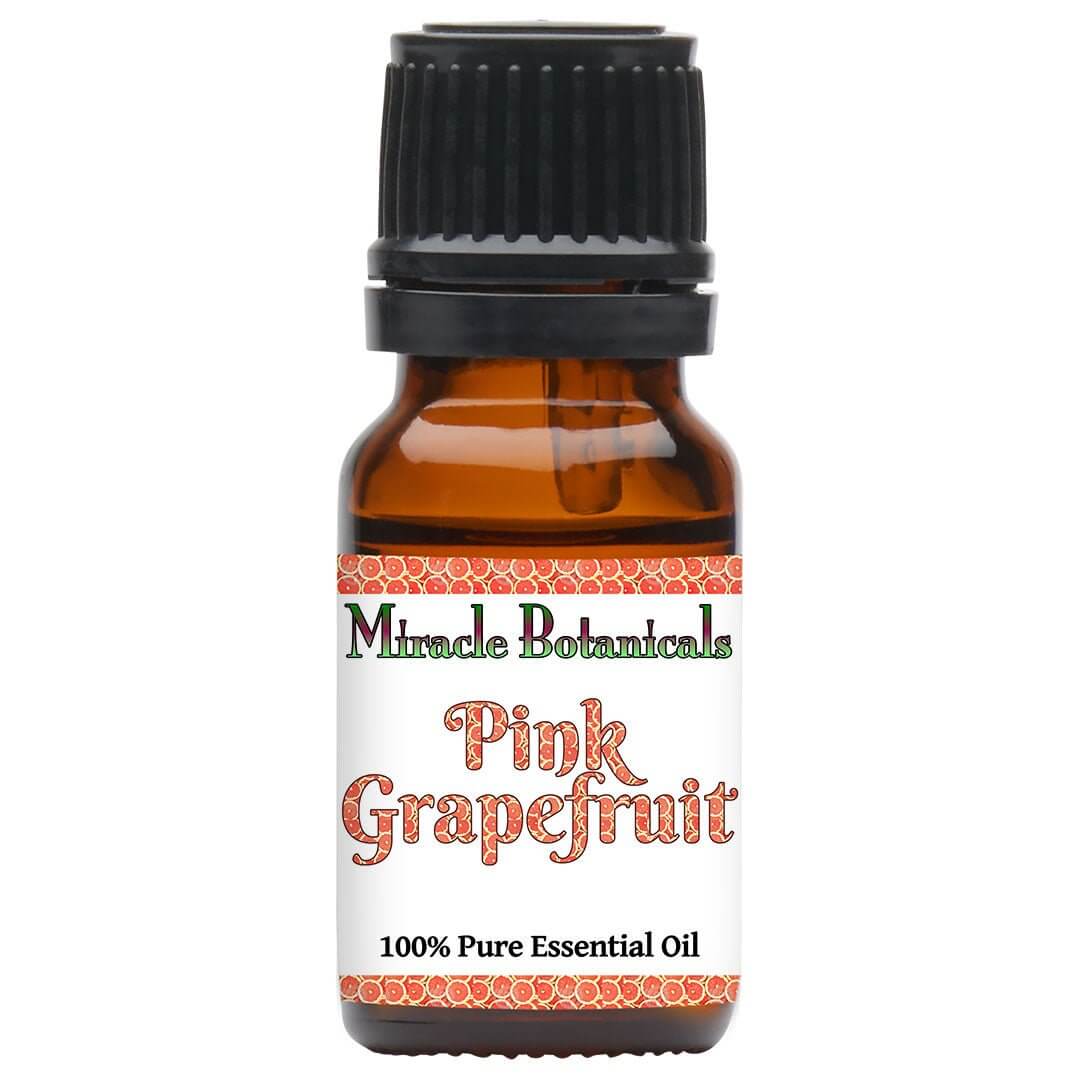 Exploring the multifaceted benefits of cooking with essential oils unveils a world where culinary creativity meets health-conscious living. Here’s a closer look:
Exploring the multifaceted benefits of cooking with essential oils unveils a world where culinary creativity meets health-conscious living. Here’s a closer look:
- Flavor Enhancement: Essential oils like Basil, Rosemary, and Thyme can be added during or after the cooking process, providing a concentrated pop of flavor with just a drop or two due to their high concentration [4][6]. Lavender and Grapefruit oils, for instance, can transform beverages such as lemonade or tea, adding both flavor and potential health benefits [6].
- Health Benefits: Beyond their culinary uses, essential oils offer a range of internal health benefits. They may aid digestion by stimulating the release of enzymes and hydrochloric acid, and even contribute to weight management by enhancing mood [7]. Additionally, their antioxidant properties help combat free radicals, reducing the risk of diseases like cancer [8].
- Cost-Effectiveness and Purity: Essential oils provide absolute purity of flavor in a concentrated form, which can be more cost-effective than fresh or dried herbs in the long run. They also offer a sustainable option by reducing waste, especially for ingredients that are not in season [5][9].
Incorporating essential oils into your cooking not only elevates the flavor profile of your dishes but also harnesses their myriad health benefits, making every meal an opportunity for wellness[1][6][9].
Selecting Safe and Suitable Essential Oils for Cooking
When are essential oils safe for cooking? When selecting essential oils for cooking, it's crucial to prioritize safety and suitability to ensure a delightful and secure culinary experience. Here are key considerations:
- FDA Approval: Always opt for essential oils on the FDA's Generally Recognized as Safe (GRAS) list for use
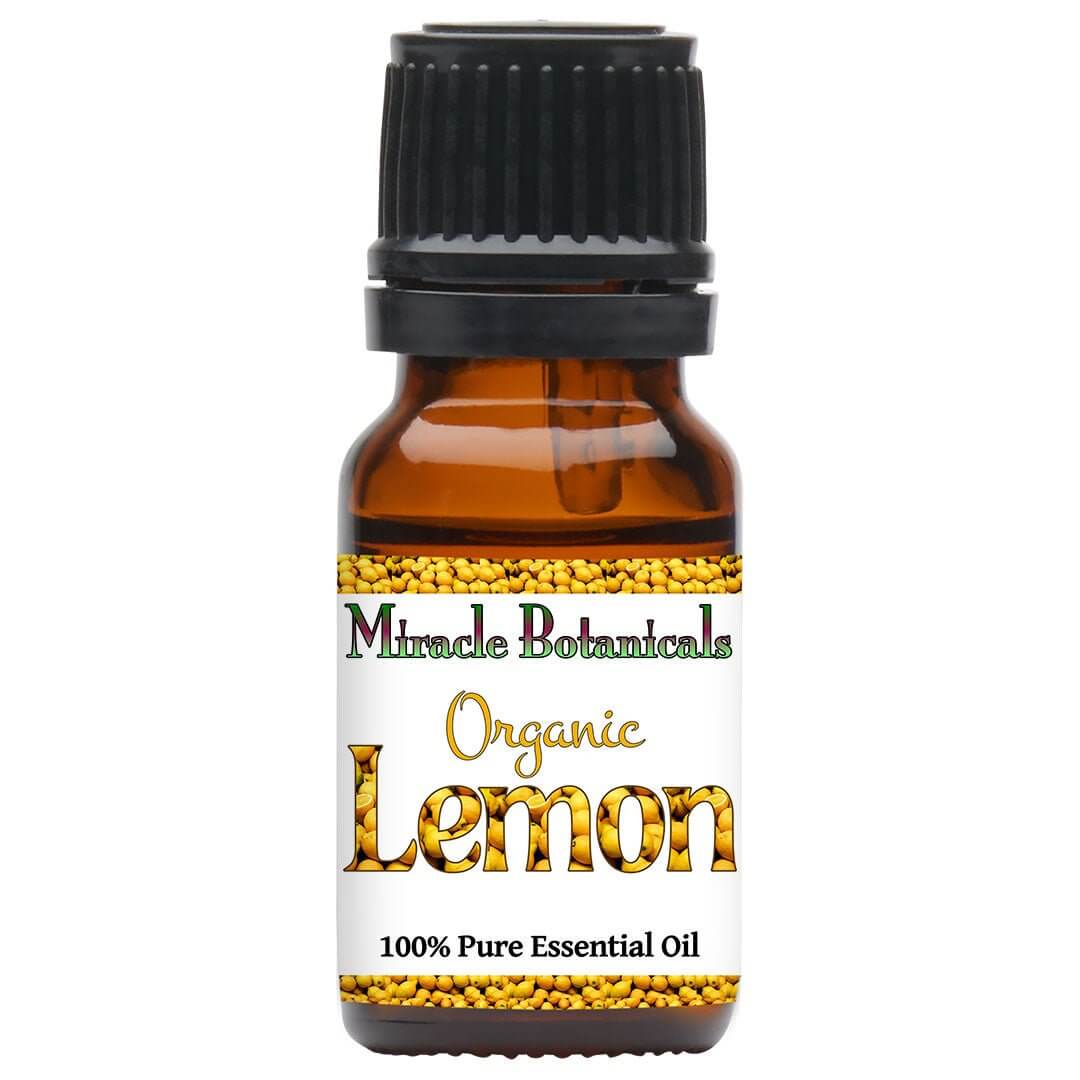 as food additives. This list includes oils like lemon, rosemary, peppermint, and lavender, which are recommended for their safety and suitability in cooking [1].
as food additives. This list includes oils like lemon, rosemary, peppermint, and lavender, which are recommended for their safety and suitability in cooking [1]. - Quality and Purity
- Imperative for Safe Consumption: High-quality, thoroughly tested essential oils are essential for safe consumption. The quality and purity of an essential oil can significantly affect its safety and efficacy when used internally.
- Approval for Internal Use: Typically, essential oils approved for internal use will have specific labels and instructions indicating such. This is a critical factor in ensuring the safety of the essential oil for internal consumption.
Miracle Botanicals' Approach - Are essential oils safe for cooking?
- Therapeutic Quality: Our essential oils are of the quality required for internal use when appropriate. This means they are sourced, processed, and tested with the highest standards to ensure their purity and potency.
- Labeling Practices: While our products do not explicitly indicate internal use on the labels and instructions, this is a deliberate choice to promote cautious and informed use of essential oils. The absence of internal use indications does not reflect on the quality of our oils but rather on our commitment to
safety and responsible use.
Guidance for Consumers - Are essential oils safe for you?
- Seek Professional Advice: If you are not already comfortable with using essential oils internally, before considering the internal use of any essential oil, it’s important to consult with a healthcare professional and/or aromatherapist. This ensures that internal use is appropriate for your specific health concerns and circumstances.
- Educate Yourself: Become aware of essential oils' properties, benefits, and risks. When considering essential oils for internal use, educate yourself on their proper use and potential interactions.
- Safety First: Always prioritize safety when using essential oils, whether for topical, aromatic, or internal purposes. Follow all guidelines and recommendations to ensure a safe and positive experience.
Dilution and Usage:
Are essential oils safe for consumption if they're undiluted? Essential oils should be diluted in a fat source, such
as olive oil, honey, or chicken stock, before adding to dishes. Begin with one or two drops to prevent overpowering the dish, as the flavor and aroma can be potent. For specific culinary applications, consider oils from herbs & spices, or citrus fruits commonly used in cooking, such as cinnamon, bergamot, and black pepper.
Innovative Ways to Incorporate Essential Oils into Your Cooking
Incorporating essential oils into your cooking can transform ordinary recipes into extraordinary culinary experiences. Here are innovative ways to infuse these potent flavors into your dishes:
- Beverages and Desserts:
- Mix citrus oils like orange or lemon with olive oil or milk to create refreshing dressings or dessert toppings. A single drop can add a burst of flavor to smoothies, teas, or homemade ice cream [1][2][3].
- For a unique twist, add peppermint or ginger oil to your baking recipes. Start with a drop to enhance cookies, cakes, or homemade chai concentrates. Remember, when baking, add essential oils earlier to infuse the flavor throughout the cooking process [2][4].
- Main Dishes and Marinades:
- Elevate your marinades by adding tarragon or dill oil diluted in olive oil. This not only imparts a robust flavor to meats but also can make a delightful base for roasting vegetables [1][3].
- Experiment with herbal oils like oregano or basil in Italian dishes, substituting one drop of oil for 1-2 tablespoons of dried herbs. These oils can significantly enhance the aroma and taste of pasta, pizzas, and soups [2][9].
- Appetizers and Salads:
- Add coriander and/or fennel oil to your guacamole or seasoning salts to create an aromatic app
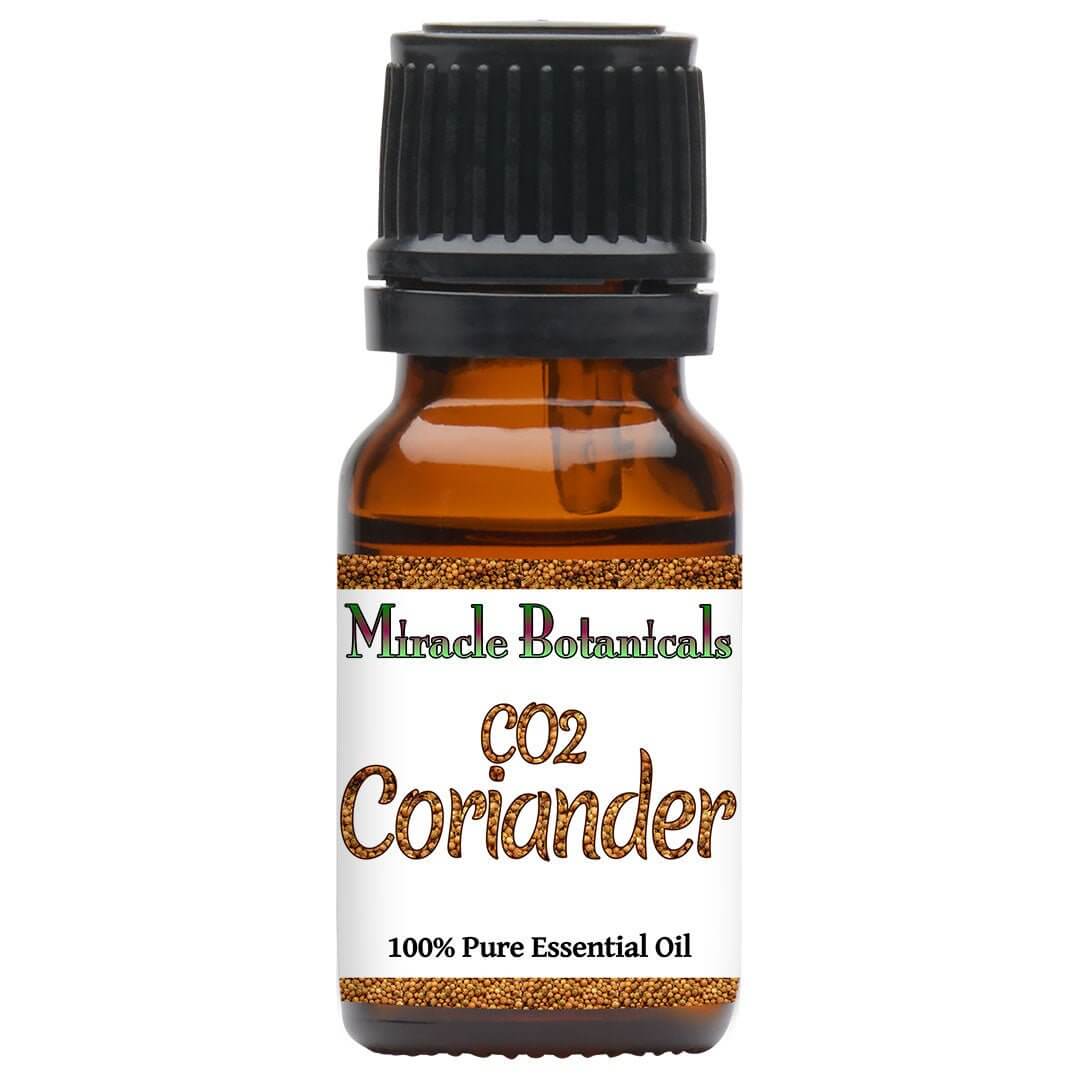 etizer.A mere drop can transform these simple dishes into something memorable [2][13].
etizer.A mere drop can transform these simple dishes into something memorable [2][13]. - For salads, a dressing made from petitgrain and/or lime oil mixed with a carrier like honey can introduce a subtle, floral note or a refreshing citrus kick, making every bite a delightful experience [1][6].
- Add coriander and/or fennel oil to your guacamole or seasoning salts to create an aromatic app
Potential Health Risks and How to Avoid Them
While exploring the culinary delights of cooking with essential oils, the most common question is, "are essential oils safe to ingest?". It's paramount to tread with caution to sidestep potential health risks. Here's how to mitigate these risks effectively:
- Dilution and Dosage:
- Always dilute essential oils with a fatty substance like olive oil or milk before adding them to your dishes. This prevents discomfort to the mouth and esophagus from direct contact with these potent extracts [1].
- Use essential oils sparingly in cooking—no more than two to three drops per serving—to avoid overpowering flavors and potential toxicity [11].
- Selection and Usage:
- Health Considerations:
- Consult a healthcare professional before ingesting essential oils, especially if pregnant, breastfeeding, or on medication, to avoid adverse interactions [7].
- Perform a patch test before using essential oils on the skin to check for allergic reactions and sensitivity [18].
- Monitor the body's response to essential oils and adjust usage accordingly, being particularly cautious with those that might cause hormonal effects or increased sensitivity [15].
Conclusion
Through this comprehensive guide, we've embarked on a culinary journey, uncovering the vast benefits and applications of integrating essential oils into our cooking routines. From enhancing flavors with just a drop of oils like rosemary, lavender, and citrus, to harnessing their health benefits for digestion and mood enhancement, essential oils offer a unique bridge between the culinary arts and holistic wellness. However, the journey also mandates us to tread with caution—prioritizing safety through selecting FDA-approved oils, ensuring proper dilution, and understanding potential health risks—to fully relish the essence of nature in our dishes without compromise.
Moreover, the exploration of the question, "Are essential oils safe to ingest?" illuminates the broader implications of using essential oils in cooking, from the cost-effectiveness and purity they bring to recipes, to their role in promoting a sustainable and health-conscious lifestyle. While the article refrains from introducing new recipes in the conclusion, it underscores the importance of continued learning and experimentation within safe guidelines. As enthusiasts and homemakers alike venture into the aromatic world of essential oils in cooking, they are encouraged to explore further and possibly even innovate recipes that safely incorporate a wide range of oils—from cocoa to herbs & spices, spearmint to turmeric— each promising to elevate culinary experiences with their unique flavors and aromas.
FAQs
Can I safely incorporate essential oils into my cooking?
While essential oils can significantly enhance the flavors in your recipes, it's important to exercise caution. Some oils contain high levels of certain chemicals that may not be ideal or safe for cooking, especially in large quantities. However, when used and diluted properly, cooking with essential oils can be both safe and enjoyable, adding a unique depth to your dishes.
How can I verify if an essential oil is suitable for consumption?
To determine whether an essential oil is safe for consumption, look for its inclusion on the "Generally Recognized as Safe" (GRAS) list maintained by the FDA. This list contains items, including many essential oils, that are considered safe for human consumption when used as intended.
Is it generally safe to ingest essential oils?
Contrary to claims made by some essential oil companies and distributors that their products are "natural" and therefore "safe to consume," it's not a good idea to ingest more than a few drops at a time, and certain essential oils are said to have life-threatening effects, even in small amounts. Essential oils are potent substances and should be used with caution.
Which essential oils should I avoid using in my cooking?
When selecting essential oils for cooking, it's crucial to steer clear of certain oils due to their chemical composition and potential toxicity. These include camphor, eucalyptus, pennyroyal, sage, tagetes, massoia bark, wintergreen, and birch. Avoiding these oils can help ensure your culinary creations are both delicious and safe.
References
[1] - https://www.everydayhealth.com/diet-nutrition/is-it-safe-to-cook-with-essential-oils/
[2] - https://media.doterra.com/us/en/ebooks/cooking-with-essential-oils.pdf
[3] - https://citrusandallied.com/qa-can-you-cook-with-essential-oils/
[4] - https://www.theprairiehomestead.com/2016/11/cooking-essential-oils.html
[5] - http://www.puregreenmag.com/pure-green-blog/cooking-with-essential-oils
[6] - https://www.doterra.com/US/en/wellness-topics-cooking-with-essential-oils
[7] - https://blog.providence.org/toyourhealthblogs/cooking-with-essential-oils-a-little-dab-will-do
[8] - https://www.webmd.com/diet/health-benefits-essential-oils
[9] - https://aromatools.com/pages/cooking-w-essential-oils
[10] - https://www.quora.com/Can-I-use-drops-of-essential-oils-in-cooking
[11] - https://laineyuhas.medium.com/6-steps-to-cook-safely-with-essential-oils-9bc1affe4c3f
[12] - https://myblessedlife.net/2014/06/essentially-summer-recipe-series.html
[13] - https://www.ouroilyhouse.com/cooking-with-essential-oils/
[14] - https://healthywa.wa.gov.au/Articles/A_E/Essential-oils
[15] - https://www.healthline.com/health/are-essential-oils-safe
[16] - https://www.lung.org/blog/essential-oils-harmful-or-helpful
[17] - https://www.takingcharge.csh.umn.edu/are-essential-oils-safe
[18] - https://www.webmd.com/skin-problems-and-treatments/ss/slideshow-essential-oils


